The Research Development and Support (RDS, formerly RKEO) invite all ‘new to BU’ academics and researchers to an induction.
 This event provides an overview of all the practical information staff need to begin developing their research plans at BU, using both internal and external networks; to develop and disseminate research outcomes; and maximising the available funding opportunities.Objectives
This event provides an overview of all the practical information staff need to begin developing their research plans at BU, using both internal and external networks; to develop and disseminate research outcomes; and maximising the available funding opportunities.Objectives
- The primary aim of this event is to raise participants’ awareness of how to get started in research at BU or, for more established staff, how to take their research to the next level
- To provide participants with essential, practical information and orientation in key stages and processes of research and knowledge exchange at BU
Indicative content
- An overview of research at BU and how RDS can help/support academic staff
- The importance of horizon-scanning, signposting relevant internal and external funding opportunities and clarifying the applications process
- How to grow a R&KE portfolio, including academic development schemes
- How to develop internal and external research networks
- Key points on research ethics and developing research outputs
- Getting started with Knowledge Exchange and business engagement
For more information about the event, please see the following link. The tenth induction will be held on Wednesday, 3rd April 2019 in Melbury House.
| Title | Date | Time | Location |
|---|---|---|---|
| Research Development & Support (RDS) Research Induction | Wednesday 3rd April 2019 | 9.00 – 12.00 | Lansdowne Campus |
9.00-9.15 – Coffee/tea and cake/fruit will be available on arrival
9.15 – RDS academic induction (with a break at 10.45)
11.25 – Organisational Development upcoming development opportunities
11.30 – Opportunity for one to one interaction with RDS staff
12.00 – Close
There will also be literature and information packs available.
If you would like to attend the induction then please book your place through Organisational Development and you can also visit their pages here.
We hope you can make it and look forward to seeing you.
Regards,
The RDS team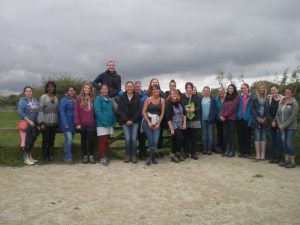



 Education is changing – but what does this look like in practice? What does the future of learning hold for students? At Bournemouth University we are responding to research that considers how teachers of the future will work with their classes.
Education is changing – but what does this look like in practice? What does the future of learning hold for students? At Bournemouth University we are responding to research that considers how teachers of the future will work with their classes.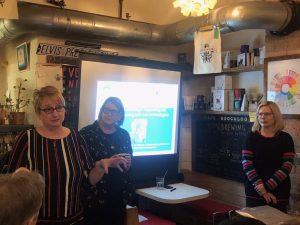
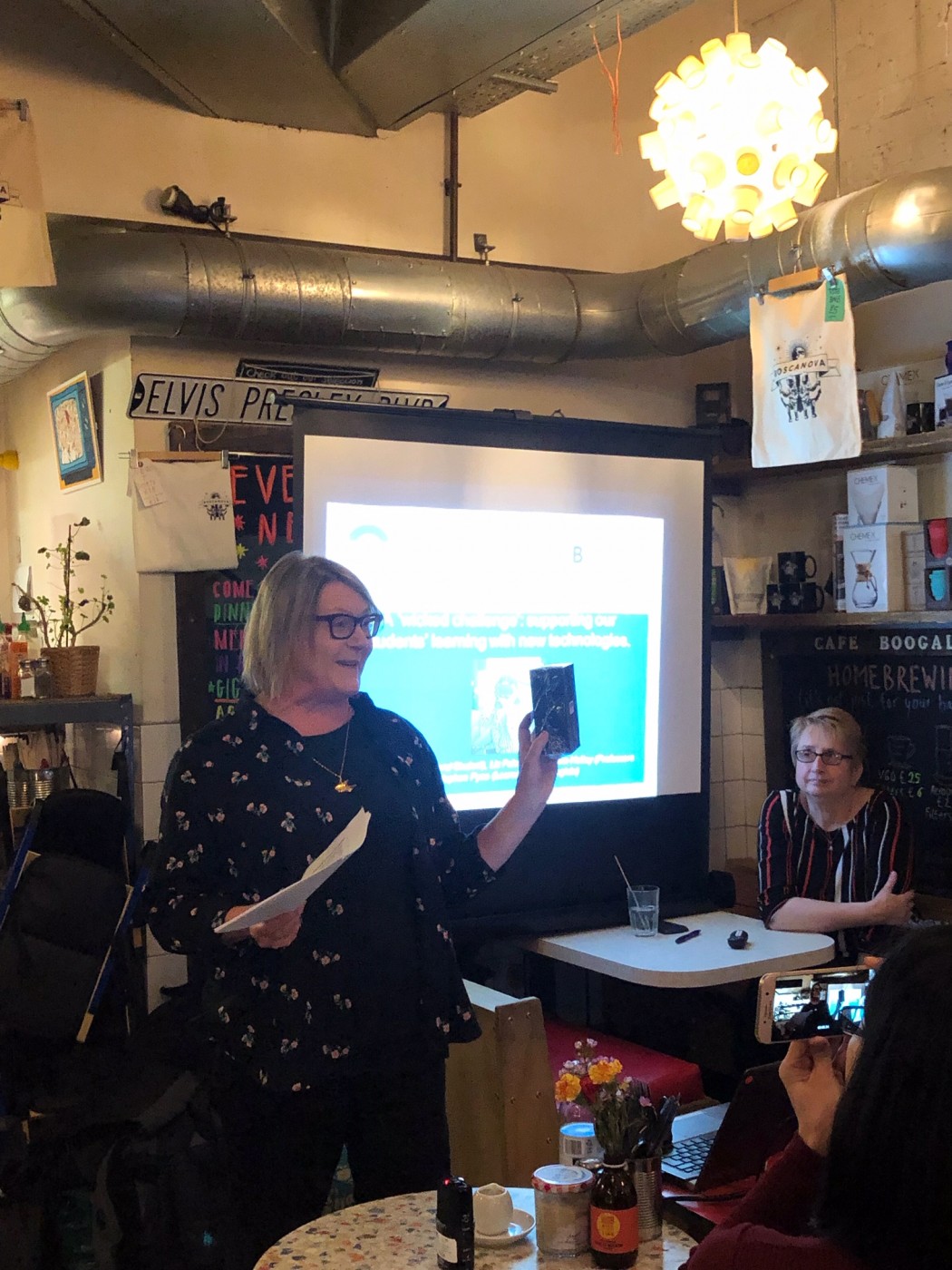
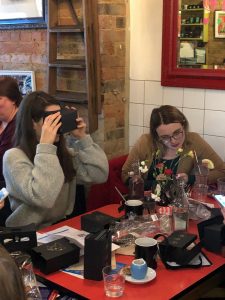
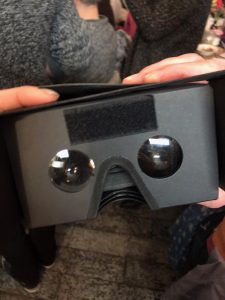
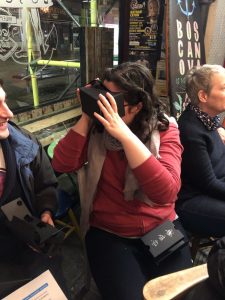
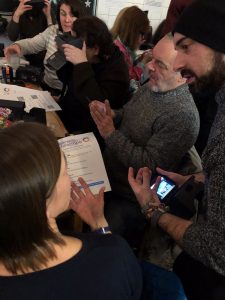
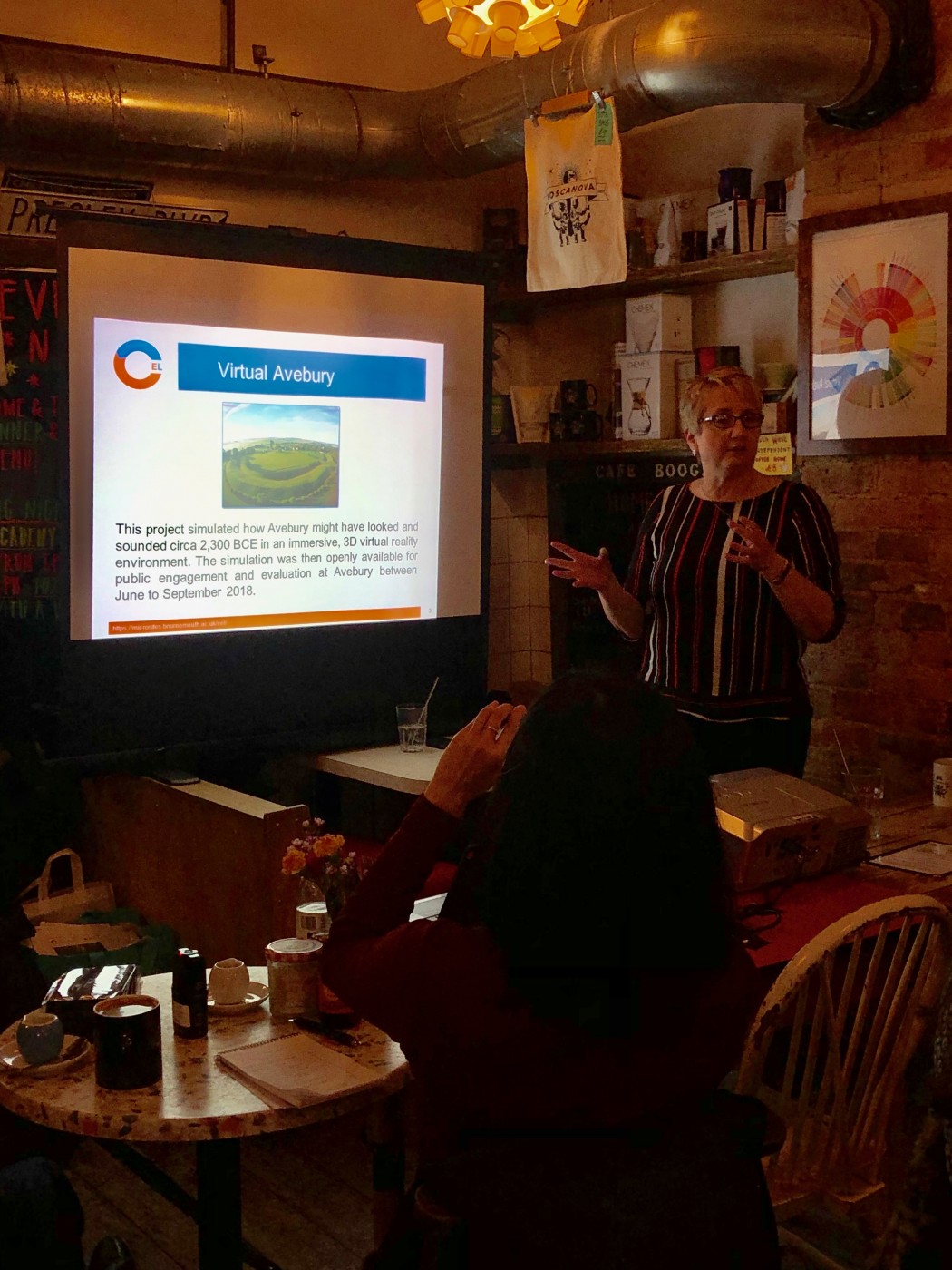 Not only did people enjoy visiting the VR Avebury, but for some it brought out an emotional reaction as they felt they had experienced some of what it would have been like to have visited the ancient site when it was still complete. One of the participants said; “I felt completely immersed in the landscape. It was really interesting to see the difference between the real stones outside and the simulation. The difference between the sizes of the banks and ditches was particularly striking!” Liz concluded with her favourite finding; that women over the age of 60 were the third most likely group to enjoy gaming (mostly on their mobile phones). It reminds us all not to pre-judge what we think people will find enjoyable and useful as a learning experience.
Not only did people enjoy visiting the VR Avebury, but for some it brought out an emotional reaction as they felt they had experienced some of what it would have been like to have visited the ancient site when it was still complete. One of the participants said; “I felt completely immersed in the landscape. It was really interesting to see the difference between the real stones outside and the simulation. The difference between the sizes of the banks and ditches was particularly striking!” Liz concluded with her favourite finding; that women over the age of 60 were the third most likely group to enjoy gaming (mostly on their mobile phones). It reminds us all not to pre-judge what we think people will find enjoyable and useful as a learning experience.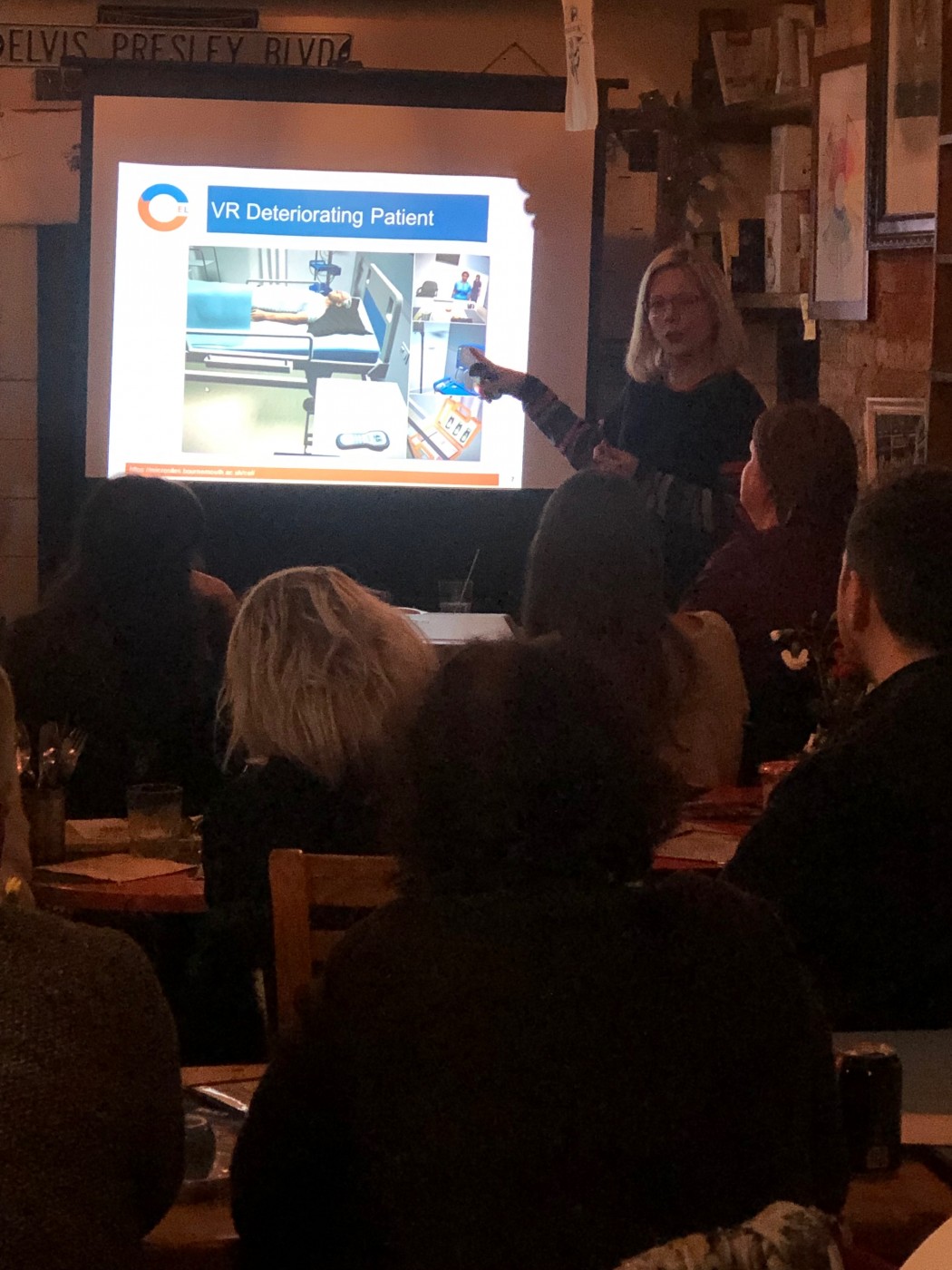
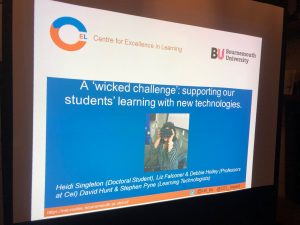 If you’re interested in finding out more about VR, AR or 360 Video you can contact the
If you’re interested in finding out more about VR, AR or 360 Video you can contact the 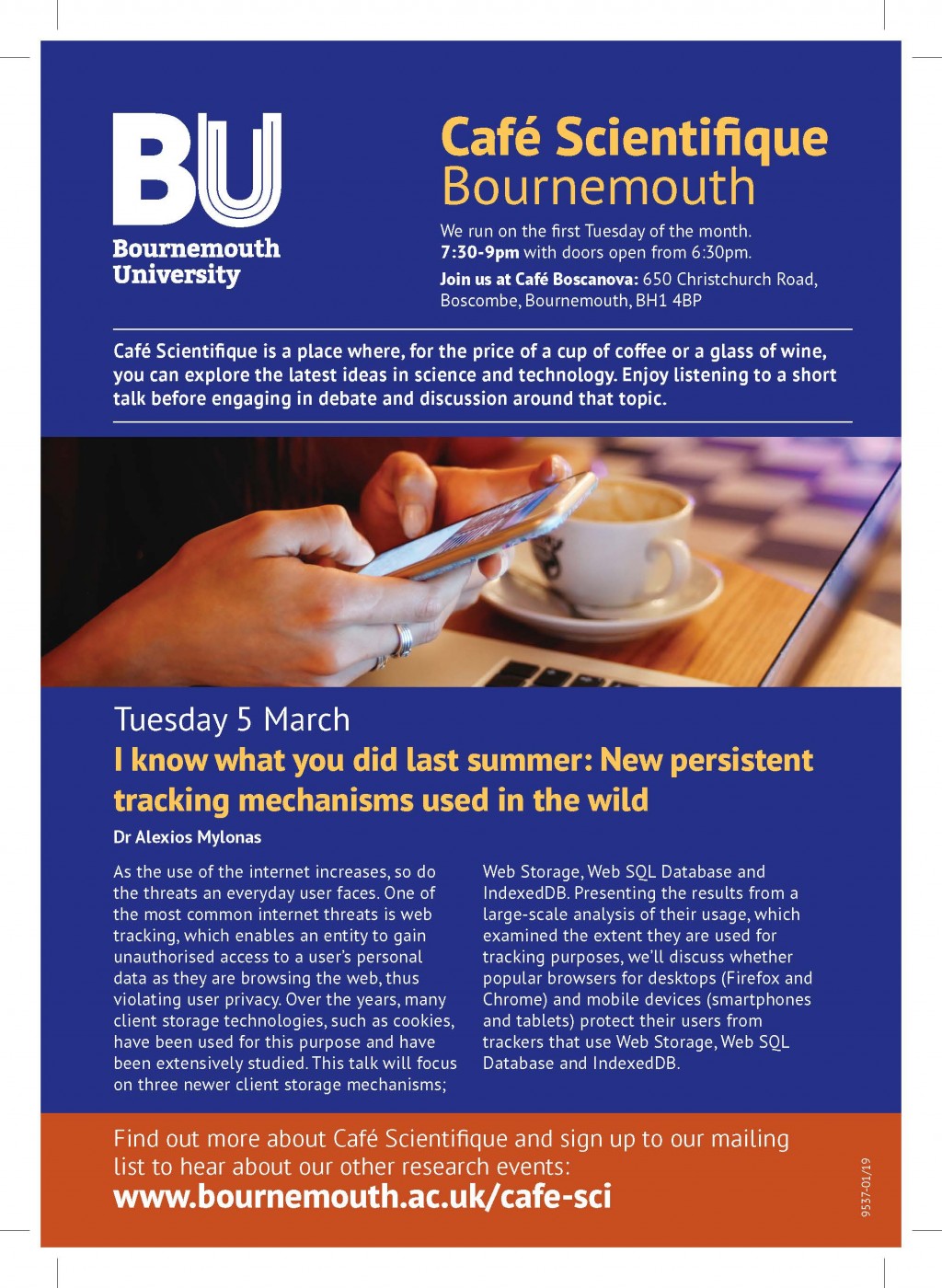

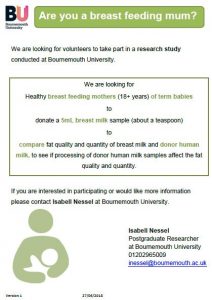
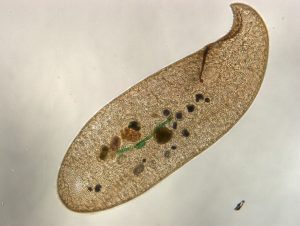



 Every BU academic has a
Every BU academic has a  By clicking on this box, on the left of the Research Blog home page just under the text ‘Funding Opportunities‘, you access a
By clicking on this box, on the left of the Research Blog home page just under the text ‘Funding Opportunities‘, you access a 
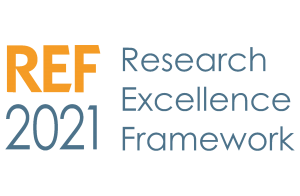 Research England have this morning published the final guidance for REF 2021 submission. The following documents:
Research England have this morning published the final guidance for REF 2021 submission. The following documents: The deadline for the research photography competition is tomorrow! If you have a photo that tells a story of your research and represents the theme of place then be sure to email it over to research@bournemouth.ac.uk by the end of tomorrow! Get creative!
The deadline for the research photography competition is tomorrow! If you have a photo that tells a story of your research and represents the theme of place then be sure to email it over to research@bournemouth.ac.uk by the end of tomorrow! Get creative!










 TechFusion Summit – i3 Simulations (9th -10th May 2024)
TechFusion Summit – i3 Simulations (9th -10th May 2024) TANGERINE project has lift off with BPC Indian Community!
TANGERINE project has lift off with BPC Indian Community! Apply for up to £1,000 to deliver an event and take part in a national festival of public engagement with research
Apply for up to £1,000 to deliver an event and take part in a national festival of public engagement with research MSCA Postdoctoral Fellowships 2024
MSCA Postdoctoral Fellowships 2024 Horizon Europe News – December 2023
Horizon Europe News – December 2023